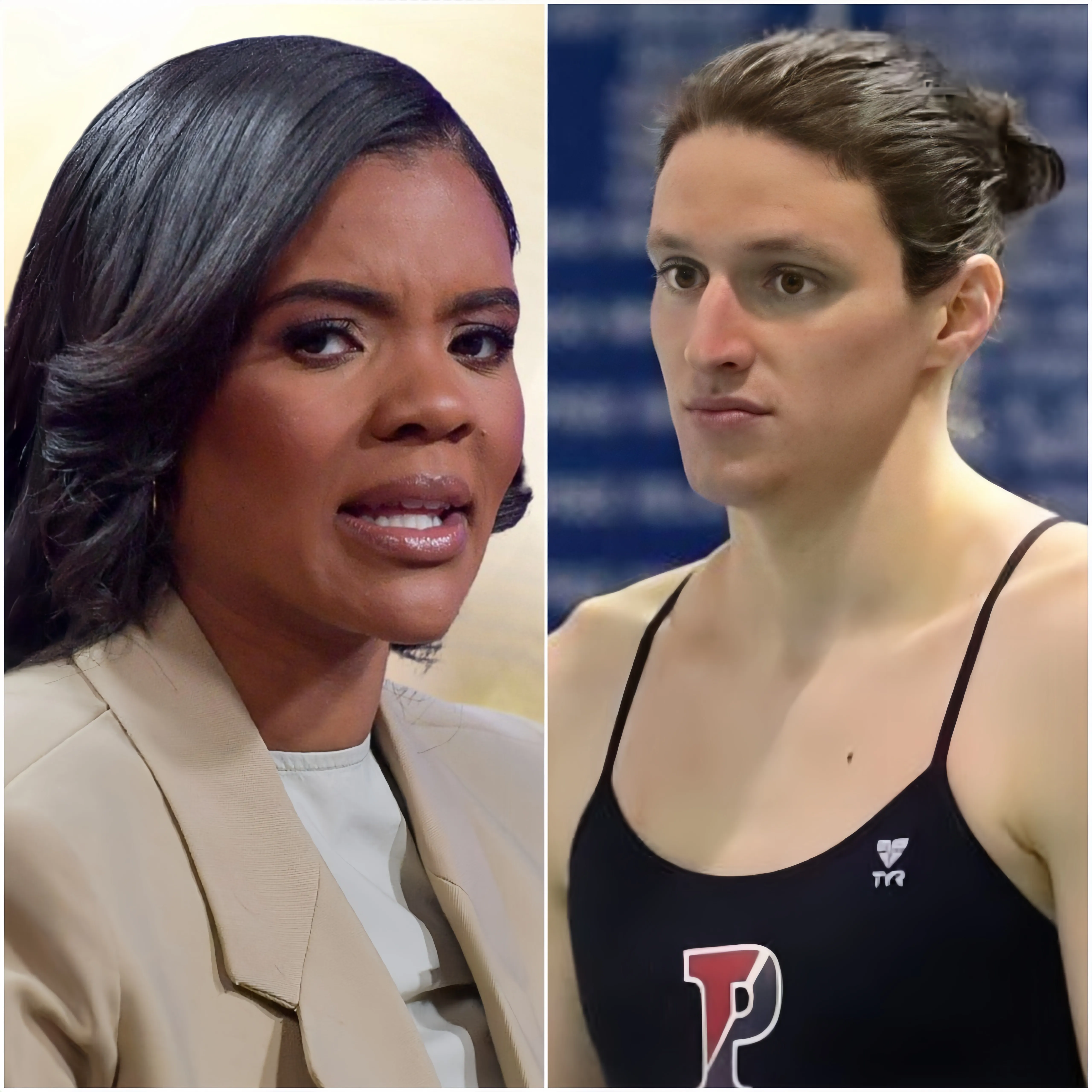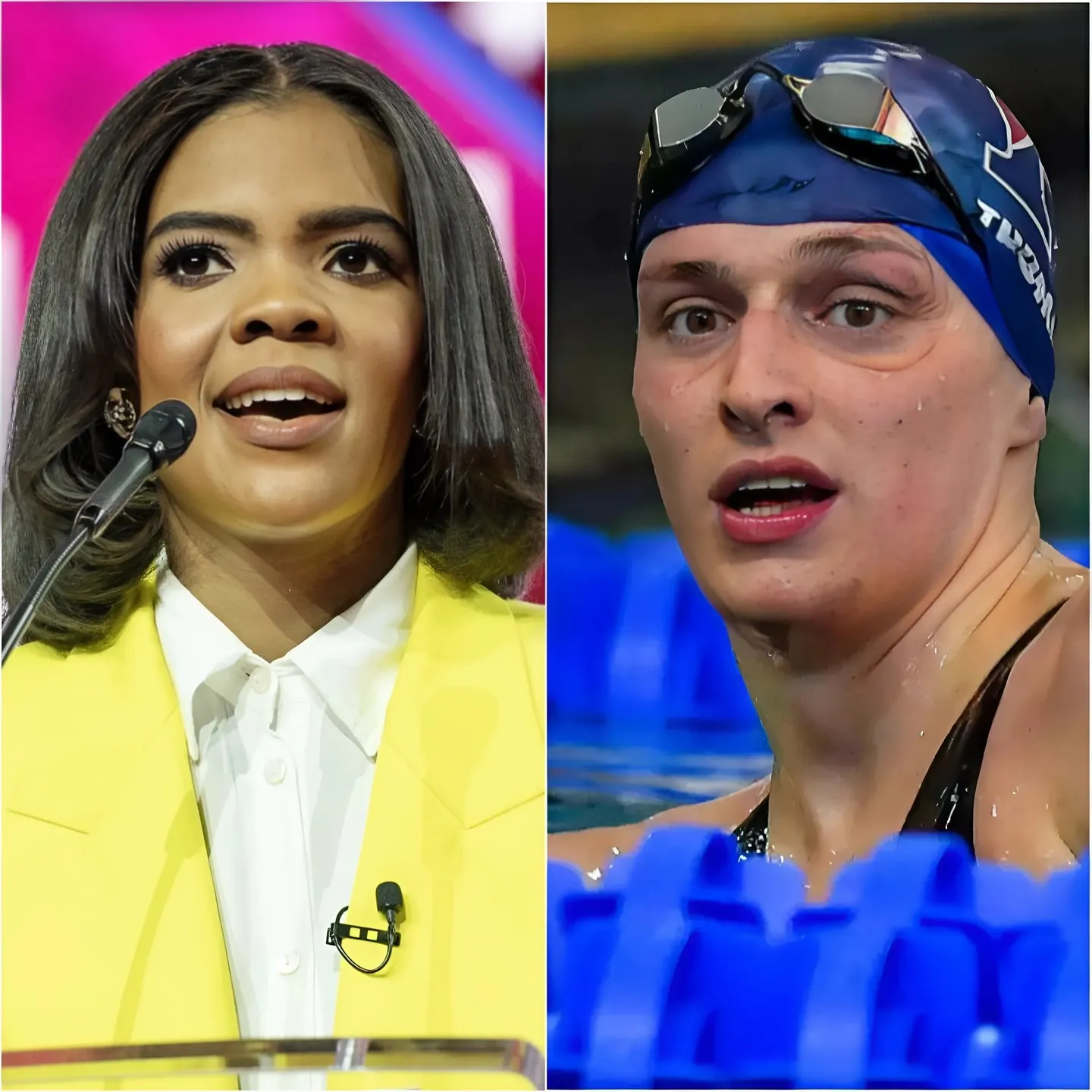The ongoing conversation surrounding fairness and inclusivity in sports has recently gained renewed attention following public comments from political commentator Candace Owens. Owens expressed her views on the participation of transgender athletes in women’s sports, sparking widespread discussion across various sectors of society. Her remarks have contributed to a broader dialogue about the evolving landscape of athletic competition, gender identity, and the principles of fairness and equality.
Candace Owens, known for her outspoken stance on cultural and political issues, voiced concerns regarding the competitive dynamics in women’s sports. In her statement, she emphasized the importance of maintaining fairness and integrity within athletic competitions. Owens asserted that her perspective is rooted in the desire to protect opportunities for female athletes, highlighting the historical efforts made to achieve gender equality in sports.

The participation of transgender athletes in competitive sports has been a subject of considerable debate. Lia Thomas, an athlete whose involvement in collegiate swimming competitions has drawn public interest, became a focal point in this discussion. The complexities surrounding this issue stem from the need to balance inclusivity with competitive equity, a challenge faced by sports organizations worldwide.
Advocates for transgender athletes argue that inclusion is a fundamental aspect of equality. They emphasize the importance of allowing individuals to compete in alignment with their gender identity, viewing it as a matter of human rights and dignity. On the other hand, some supporters of Owens’ viewpoint express concerns about potential physical advantages, citing factors such as bone density and muscle mass that may persist despite hormone therapy.

Sports science experts have weighed in on the topic, acknowledging the nuances involved. Research indicates that hormone therapy can lead to significant physiological changes in transgender women. However, questions remain regarding the extent to which these changes affect athletic performance, particularly in relation to advantages associated with male puberty. This scientific discourse highlights the evolving nature of our understanding and the need for evidence-based policies.
The regulatory landscape for transgender athletes varies across sports organizations. Some governing bodies have established guidelines based on hormone levels, while others require a specific duration of hormone therapy. These policies aim to create a level playing field, but the lack of uniformity underscores the complexity of the issue. Institutions are tasked with the challenge of crafting regulations that uphold both inclusivity and competitive fairness.

Public reactions to Owens’ comments have been diverse. Supporters commend her for addressing what they perceive as a critical issue, framing her stance as a defense of fairness in women’s sports. Conversely, critics argue that her remarks may contribute to the marginalization of transgender individuals, emphasizing the importance of fostering an environment of acceptance and respect.
This debate extends beyond the realm of sports, touching on broader societal themes related to gender identity, cultural dynamics, and the pursuit of equality. For many, the discussion reflects deeply held beliefs about fairness, opportunity, and the values that shape our communities. Owens has stated that her motivation stems from a desire to safeguard opportunities for future generations of female athletes, expressing hope that young girls can compete in environments that are both fair and inclusive.

As this dialogue continues, sports organizations, policymakers, and communities are tasked with navigating a complex landscape. The goal is to develop policies that honor the principles of equity, respect, and fairness, while acknowledging the diverse perspectives that contribute to this ongoing conversation. The issue underscores the need for thoughtful, informed discussions that prioritize both the integrity of sports and the dignity of all athletes.
In conclusion, the debate surrounding the participation of transgender athletes in sports is multifaceted and evolving. It reflects broader societal conversations about identity, fairness, and inclusion. While differing opinions exist, the shared objective remains clear: to create athletic environments that are just, respectful, and equitable for all participants. As we move forward, continued dialogue, scientific research, and policy development will play crucial roles in shaping the future of sports and ensuring that they remain spaces where every athlete can thrive.
